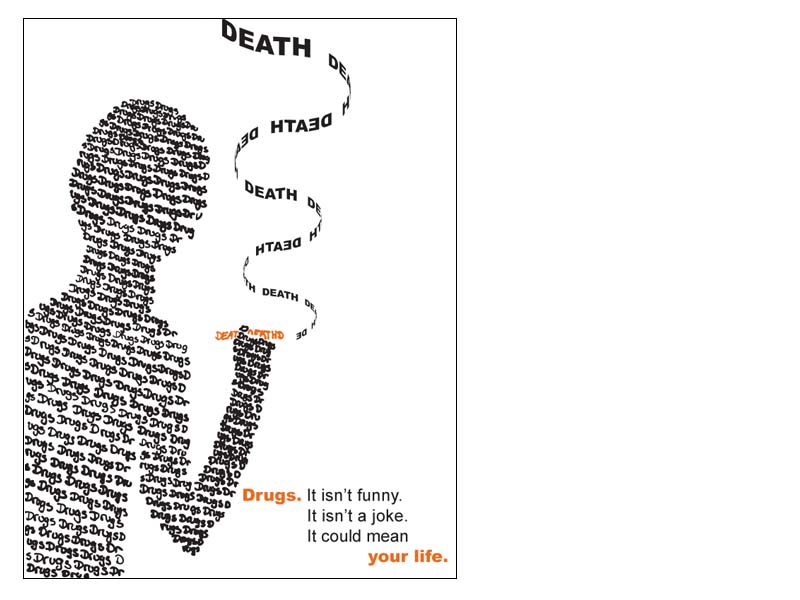
In a New York Times article, Abrams said there is "an enormous number of very talented, experienced media professionals around the world who would be ready, willing and able to advise businesses on media strategies" and bragged that in just five days, Abrams Research received over 600 applications, many of them household names in journalism.
Having endured the treachery of home town heroes as a sports fan, I understand loyalty only goes so far and sometimes you need to think with your wallet. As the economy worsens, journalists, especially print journalists, aren’t going to pass up the opportunity to make some money on the side as consultants. The real problem here is that instead of defecting completely, they’re becoming double agents, cutting through the spin as journalists during the day and helping companies dish it out as consultants by night.
In his Gawker post "Dan Abrams’ Ring of Media Informants," Ryan Tate sums up the issue at hand: "But a general magazine editor, or blogger… really should not be getting paid to answer questions about how a publication — like, say, his — might cover something when he may well have to decide how to cover that very thing a short time later, with the added complication of having been paid/bribed by the subject."
Conflict of interests aside, I’d say it’s impossible to be a media consultant for corporations and a good journalist at the same time. Call me naïve, but hopefully a good journalist is motivated by the belief that a healthy and free press is important to a democracy and a public service to the electorate. A media consultant, on the other hand, helps companies skew media coverage to their favor. It views media is a tool to increase business. Aren't these two attitudes mutually exclusive? Could they both exist in one person?
According to former Washington Post VP Ben Bradlee, a good reporter has "got to love what they're doing; they've got to be serious about turning over rocks, opening doors. The story drives you." This type of doggedness only graces those who actually believe in what they’re doing. I think it's safe to assume that those journalists applying to Abrams Research don't fit into this category.











 Nearly every self-aware journalist can toss around the joke that while "two is a coincidence, three is a trend" and therefore may warrant a story. Instead of tackling a specific news item on the blog this week, I'll grapple with the celebrity profiles of our newspeople.
Nearly every self-aware journalist can toss around the joke that while "two is a coincidence, three is a trend" and therefore may warrant a story. Instead of tackling a specific news item on the blog this week, I'll grapple with the celebrity profiles of our newspeople.










